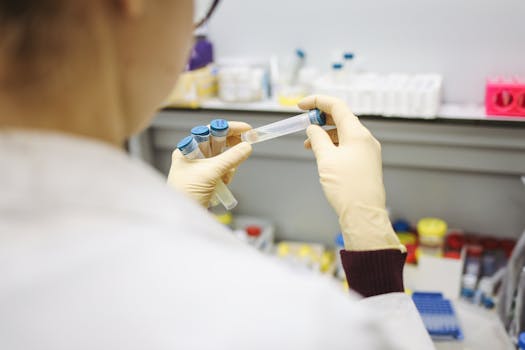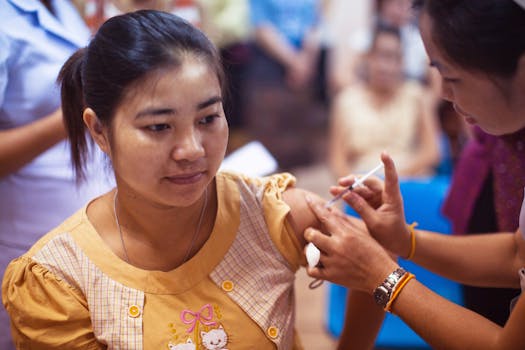
Introduction

The science behind vaccines and public health is a critical topic in today’s world. Vaccines are one of the most significant advancements in medical science, providing protection against various diseases. Understanding how vaccines work is essential for public health and individual well-being.
What are Vaccines?

Vaccines are biological preparations that provide acquired immunity to a particular infectious disease. They typically contain an agent that resembles a disease-causing microorganism and is often made from weakened or killed forms of the microbe, its toxins, or one of its surface proteins. The introduction of this agent into the body stimulates the immune system to recognize it as a threat, producing antibodies that will protect against future infections.
The Science of Immunization

Immunization is the process by which a person becomes protected against a disease through vaccination. When a vaccine is administered, it triggers an immune response. This response includes the activation of T-cells and B-cells that work to destroy the pathogen. The body then remembers this pathogen, allowing it to react quickly and efficiently if exposed in the future.
Public Health Impact

Vaccines have had a profound impact on public health. They have led to the eradication of diseases such as smallpox and have significantly reduced the incidence of diseases like polio, measles, and whooping cough. High vaccination rates contribute to herd immunity, which protects those who cannot be vaccinated, such as infants or individuals with certain medical conditions.
Addressing Vaccine Hesitancy

Despite the proven benefits of vaccines, vaccine hesitancy remains a challenge. Misinformation and fear about vaccine safety can lead to decreased vaccination rates. Public health campaigns are essential to educate communities about the importance of vaccines and to dispel myths surrounding them. Transparency, communication, and community engagement are key strategies to enhance public trust in vaccination programs.
Conclusion

The science behind vaccines is robust and continues to evolve. Vaccines play a crucial role in maintaining public health, preventing outbreaks, and saving lives. As we navigate through health challenges, understanding and supporting vaccination efforts is vital for the well-being of individuals and communities alike.


